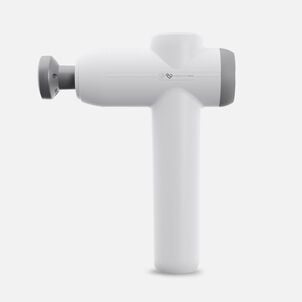How to know you're not saving enough for retirement

Investing experts generally recommend saving 10-15% of your gross income toward retirement. But depending on how much income you want after you leave the workforce and when you start saving, you may need even more.
Because every situation is different, a rule of thumb isn't necessarily going to tell you whether or not you're on track. There are, however, a few cues that can help you recognize that you're falling short.
You don't know how much you're saving
If you're not sure how much money you're setting aside for the future, chances are that it may not be enough. Maybe you set up your 401(k) contributions when you first started your job and forgot about it, or your income has grown substantially since you first started saving and the percentage has dipped without an increase in savings too.
Either way, find out what you're contributing. Then take some time to walk through the process of figuring out how much money you need to retire comfortably and what it'll take to get there. If it's at or below what you're already saving, keep doing what you're doing.
Otherwise, it may be time to up your contributions.
You worry about retirement often
If you regularly stress or feel anxiety about the state of your retirement savings, it could be a sign that you're unprepared.
Use a retirement calculator to determine what you need to be saving to achieve your retirement goals. Then compare it to what you're currently saving. Even if you can't save what you need right now, it can make you feel better having a way to measure your progress.
Of course, some people do stress without reason, but it's still a good idea to run the numbers to reassure yourself.
You're just getting the 401(k) match
The median employer contribution for a 401(k) account is 4%, according to a report by Vanguard. If you get that full match, you're essentially contributing 8% of your salary to retirement, which isn't bad.
But there's a catch: Only 46% of 401(k) plans offer immediate vesting for employer matches. Among plans that give you access to those contributions over time, the vast majority require that you stay with the employer for 3-6 years to get the full amount.
With an average employee tenure of 4.2 years, according to the Bureau of Labor Statistics, you may not be around long enough to count on an employer match fully.
You haven't increased your contributions lately
The average salary increase in 2018 was 3.1%, according to the Society for Human Resource Management, and it's expected to increase to 3.2% for 2019.
If you've received annual salary bumps, it's a good idea to increase your retirement contributions accordingly. If you haven't been, though, what amounted to a 10% savings rate years ago could be much lower now.
Figure out what percentage of your current salary you're saving for retirement, then compare that to what your goal is. If there's a gap, consider closing it as soon as possible.
The bottom line
It's easy just to say that you should save 10-15% of your income toward retirement. But ultimately, you know best how much you should set aside for your future (and if you don't, don't just listen to us - find a qualified financial adviser to help you make the right choices). Depending on your goals and current budget, take the time to determine if you're on the right track.
If you aren't, take the time to set a plan to get where you need to be. It can take a while — sometimes years — to feel good about where you are, but having a plan and being mindful of how today's actions affect the future can be a great start.


.png)














